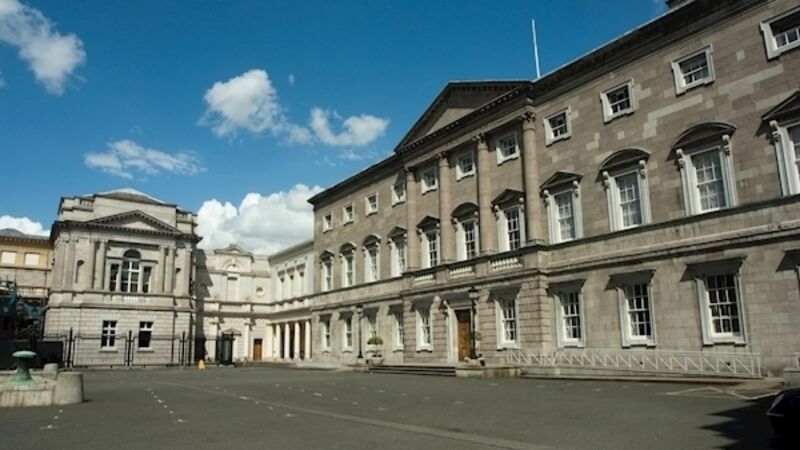Tourism industry group seeks say in framing prospective programme for government

The pan-tourism industry group that represents employers and government agencies responsible for tens of thousands people north and south working in tourism has called for it to have a voice in helping shape the Fianna Fáil and Fine Gael-led prospective programme for government.
The Tourism Industry Confederation, or ITIC, said that tourism is one of the industries most affected by the mass layoffs across the economy during the Covid-19 crisis and shouldn’t be forgotten when politicians frame policies for any future government.













